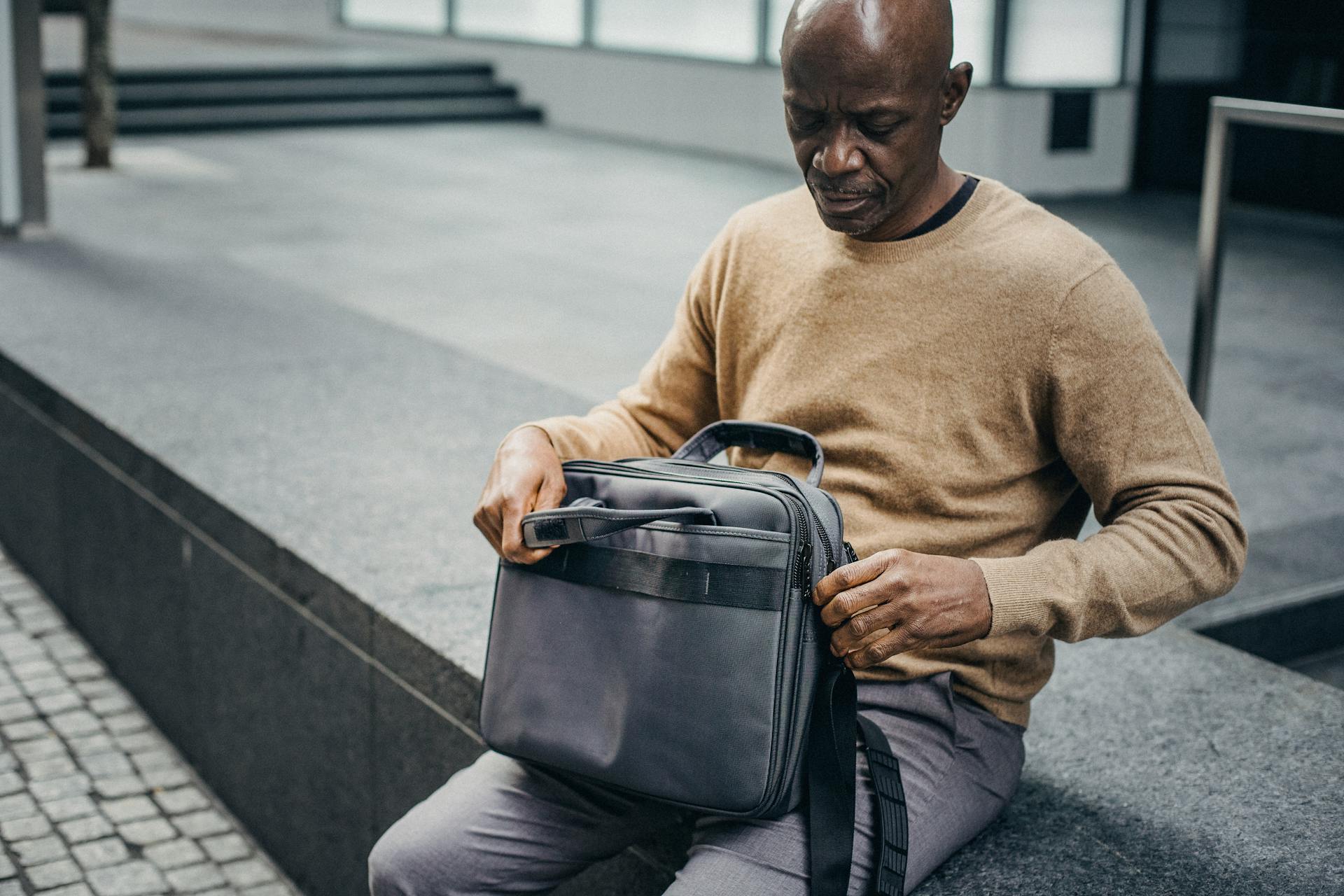Now Reading: Tips to Help You Prepare for Deposition for Your Upcoming Case
-
01
Tips to Help You Prepare for Deposition for Your Upcoming Case

Tips to Help You Prepare for Deposition for Your Upcoming Case
Deposition is an important process in personal injury cases. This process typically requires you to answer questions about the accident. It occurs before the trial, and the questions asked help both sides gather more information about the case.
Victims of personal injury cases should use the deposition to tell their stories. What you share during deposition is crucial in proving your case and getting compensation. Preparing for deposition is important, as it helps you answer questions accurately and confidently. Below are a few preparation tips:
1. Review the Case
Begin by reviewing your personal injury case extensively before being deposed. This ensures that you provide accurate and consistent testimony of what transpired. It is important that you have clear details of the accident and injuries sustained. Having an accurate memory of these factors helps strengthen your case.
Reviewing your case extensively allows you to identify potential weaknesses in your testimony. Your lawyer should help you improve the credibility of your testimony to minimize the chances of the opposing counsel taking advantage of any inconsistencies.
Going through the case also prepares you for cross-examination. You should expect the opposing lawyer to scrutinize your statements, typically hoping to weaken your case. However, reviewing the case deeply allows you to anticipate the questions the lawyer may ask and prepare appropriate measures. With this, you can be sure of maintaining composure and providing persuasive answers.
2. Be Familiar with the Legal Process
Knowing the legal process and what to expect during deposition is also important. Even though depositions aren’t done in courtrooms, they are held in setups that closely resemble court sessions. Depositions offices like NAEGELI have setups with a courtroom atmosphere and follow most court guidelines. Key things to know include:
- Understanding Depositions: These are sworn statements given outside the courtroom. Unlike trials, there’s no judge, but a court reporter records everything.
- Know your Rights: You should know your rights as a witness. This includes the right to have an attorney, take breaks, and ask for more documents before answering a question.
- Anticipate questions and practice responses: Even though you can’t predict what the opposing counsel will ask, you should find out the common questions asked during depositions for personal injury cases. For instance, expect questions about your injuries and treatment received.
Note that testimonies given during deposition significantly affect the outcome of your personal injury case. This information is used as evidence in court, so you should take it seriously.
3. Practice Answering Questions
You should prepare how to answer questions calmly and succinctly. Your ability to provide clear and concise answers and remain composed when giving your statement can strengthen your case. Clear responses help maintain your credibility. Appearing in front of the opposing lawyer flustered and defensive can undermine your credibility.
Practicing how to answer questions also ensures you don’t get confused and misinterpret facts. Lengthy responses can lead to confusion. Learn how to respond to questions using short and direct answers. This also helps you stay on the topic. Your attorney can help you practice answering questions before deposition.
Endnote
Preparing for deposition is an important part that determines the outcome of your case. This is an opportunity to present crucial case details and how your life has changed. With the guidance of your lawyer, review the case and practice how to answer questions.










